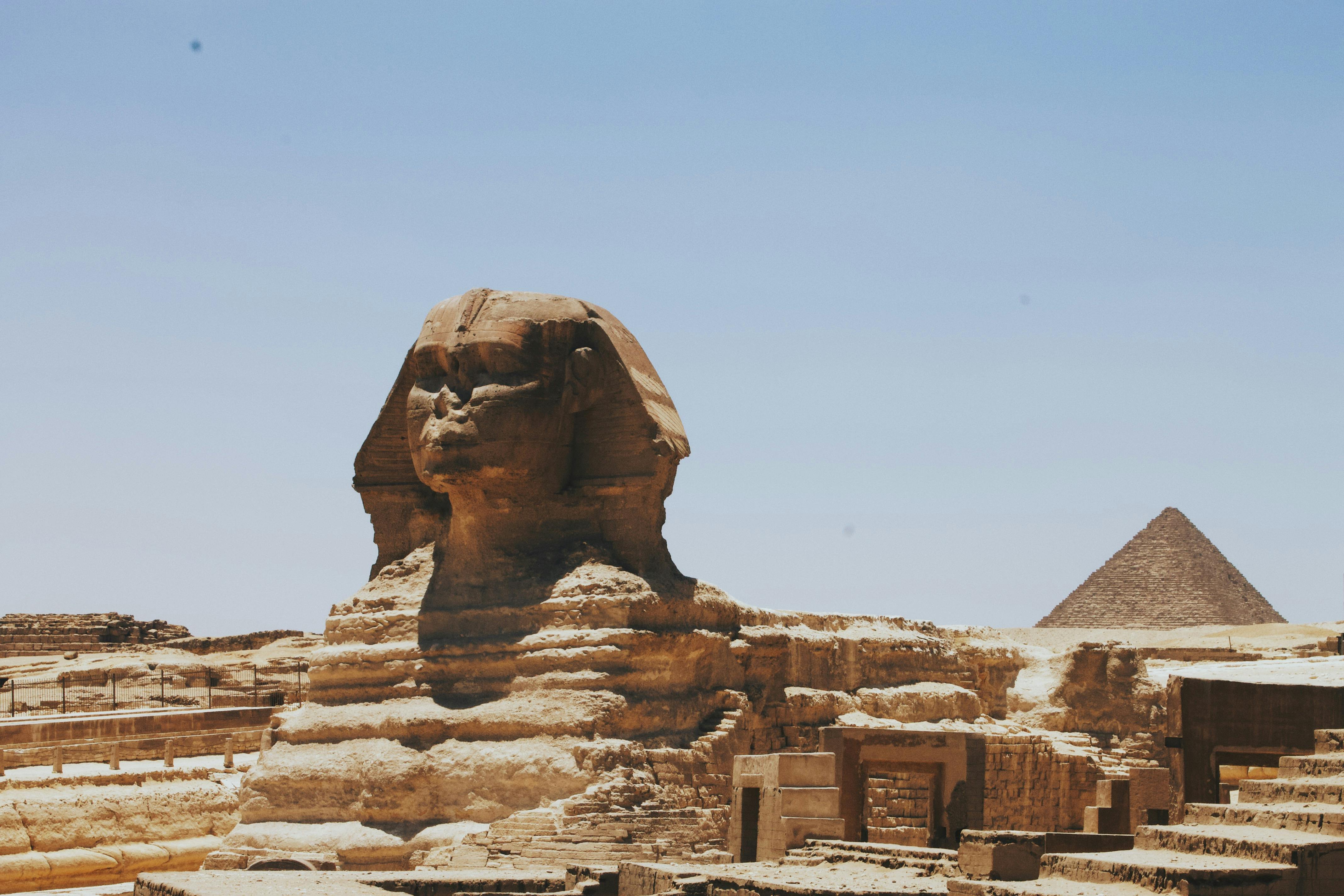
In the vast realm of philosophy, two towering figures, Georg Wilhelm Friedrich Hegel and Immanuel Kant, have left an indelible mark with their profound ideas. This exploration delves into the distinctive philosophical landscapes they traversed, comparing their fundamental concepts and methodologies.

Body:
1. Metaphysics and Epistemology:
Kant:
The father of transcendental idealism, Kant emphasized the limitations of human knowledge and proposed that our understanding is shaped by innate structures of the mind.
Hegel:
In contrast, Hegel's dialectical method sought to unfold the absolute truth through the development of ideas. His absolute idealism posited a dynamic reality in constant evolution.

2. The Nature of Reality:
Kant:
Reality, for Kant, is a product of the interaction between the mind and the external world. The noumenal realm remains unknowable.
Hegel:
Hegel's Absolute Spirit unfolds in history, and reality is a manifestation of this evolving spirit. The finite and infinite merge in a grand synthesis.
3. Ethical Philosophy:
Kant:
Kantian ethics centers on the categorical imperative, emphasizing moral duty and universal principles. Actions are judged by their adherence to rational moral laws.
Hegel:
Hegel's ethical philosophy unfolds in the realm of Sittlichkeit, emphasizing the role of social institutions in shaping individual morality.

4. Historical Context:
Kant:
Flourished during the Enlightenment, Kant's ideas navigated the shift from rationalism to empiricism, profoundly influencing subsequent philosophical thought.
Hegel:
Emerging in the post-Enlightenment era, Hegel responded to Kant's ideas and engaged with the socio-political changes of his time.
5. Legacy and Influence:
Kant:
Kant's legacy extends to various fields, including ethics, epistemology, and aesthetics. His ideas laid the groundwork for subsequent philosophical developments.
Hegel:
Hegel's influence spans philosophy, theology, political theory, and literature. His dialectical method inspired thinkers like Marx and existentialists.
Conclusion:
In the arena of philosophical giants, Kant and Hegel stand as pillars of intellectual inquiry. While Kant's transcendental idealism set the stage for modern philosophy, Hegel's dynamic approach reshaped our understanding of reality. Exploring their nuanced differences unveils the rich tapestry of thought that has shaped our intellectual landscape.


